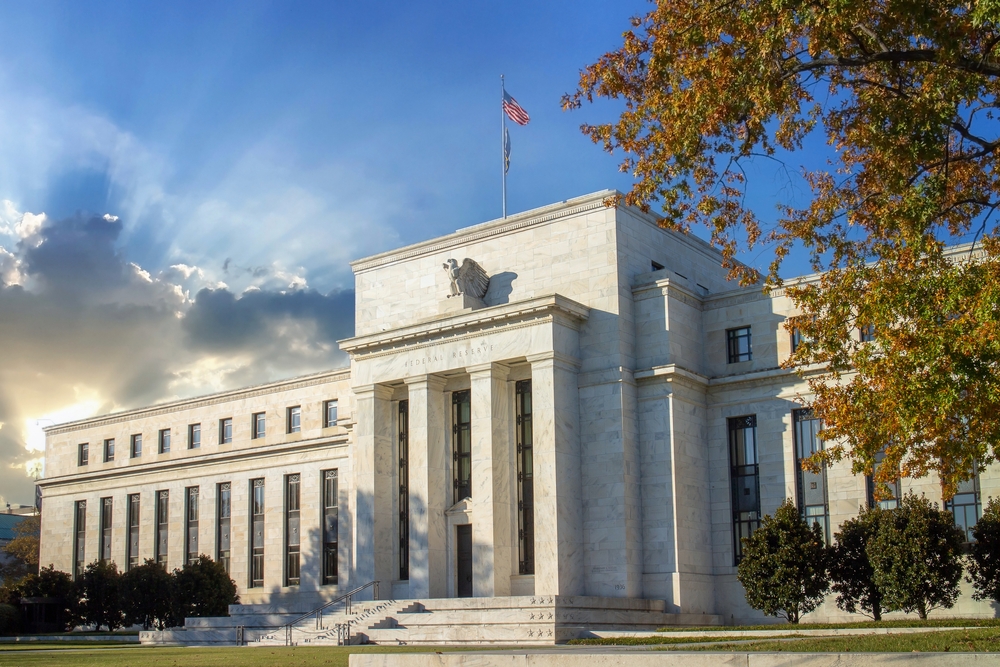Federal Reserve Leadership Shift
Federal Reserve Vice Chair of Supervision Michael Barr announced his resignation from the regulatory oversight position effective February 28, 2025, while continuing as a member of the Fed’s Board of Governors until January 2032. The decision paves the way for President-elect Donald Trump to shape the Fed during his second term.
Implications for Trump’s Administration
Barr’s departure offers Trump an opportunity to promote a current Fed board member to lead banking regulation, aligning with his preference for a lighter regulatory approach. Analysts suggest this could avoid legal conflicts over political influence in the role.
Michelle Bowman, a Fed Governor critical of Barr’s stricter stance, is seen as a likely candidate to take over the position under the incoming administration.
Precedent for Political Influence?
The vice chair for supervision role, established after the 2007-2009 financial crisis, was designed to strengthen regulatory oversight. Barr’s resignation may set a precedent for this role to shift with presidential administrations, similar to other banking agencies.
“Barr stepping down likely means the role will continue to roll over with presidential administrations,” noted Steven Kelly, associate director of research at Yale’s Program on Financial Stability.
Maintaining Monetary Policy Independence
While Barr’s resignation suggests increased political influence over regulatory policy, his decision to remain a Fed governor ensures his continued participation in interest rate decisions, potentially safeguarding the Fed’s monetary policy independence.
“The hypothesis that the Fed is more willing to work with Republicans on regulation to preserve monetary policy independence might have legs,” said Derek Tang, an analyst at LH Meyer.
Fed Chair Jerome Powell, whose term ends in 2026, has emphasized the importance of insulating the Fed from political pressure to maintain effective inflation control. While Trump’s advisors had reportedly sought ways to increase White House influence over the Fed, Barr’s voluntary departure may prevent setting a precedent for removing Fed leadership.
Concerns Over Long-Term Implications
Some experts worry about the impact on the Fed’s independence. Graham Steele, a former Treasury Department official, expressed concerns:
“This sends the message that the Fed is not independent. While Barr’s resignation avoids a legal and political fight, it raises questions about the central bank’s autonomy under future administrations.”
What’s Next for the Fed?
As Trump’s administration prepares to take office, the spotlight will be on:
- Filling the vice chair for supervision role: Will Trump’s pick lean toward deregulation?
- Balancing regulatory changes and monetary independence: How will the Fed navigate these challenges in a politically charged environment?
The developments will shape the Fed’s role in overseeing banking regulation while preserving its critical function in steering the U.S. economy.


